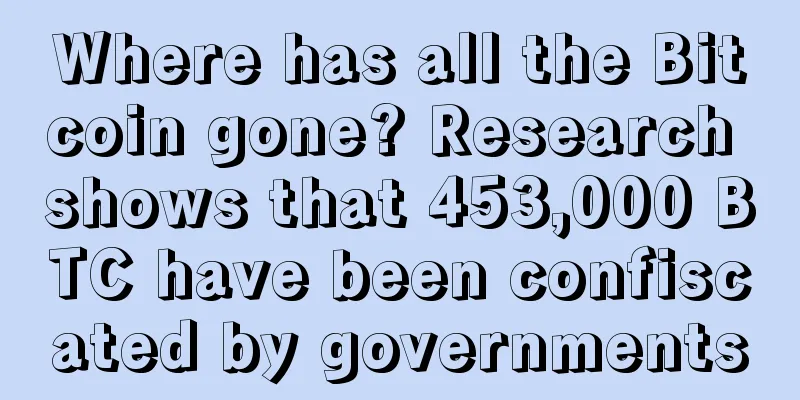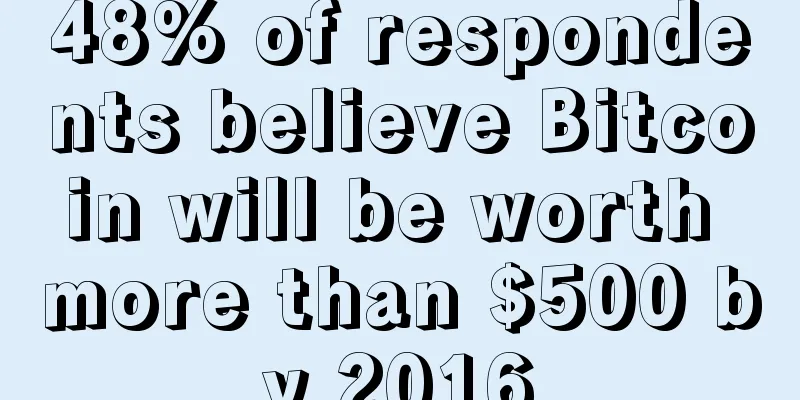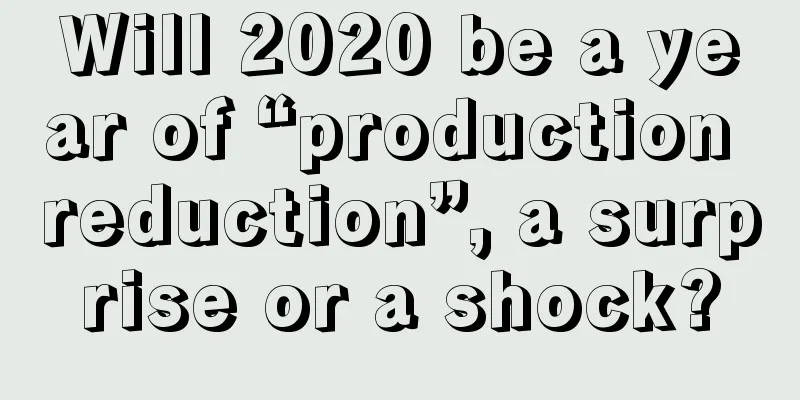Where has all the Bitcoin gone? Research shows that 453,000 BTC have been confiscated by governments

|
The most important value proposition of Bitcoin should be anti-censorship. Simply put, if operated properly, no one can freeze or confiscate your Bitcoin. As long as you control the private key, you are the real holder of Bitcoin. (Image source: TheBlock)
(Image source: TheBlock)
|
<<: Hackers hide cryptocurrency mining software in installation files
>>: 44T 50W/T Shenma D1 is coming strongly, creating another extreme.
Recommend
The wisdom line is staggered in the middle to form two
The wisdom line on the palm is staggered in the m...
People who are born to be stubborn and care about their reputation
Physiognomy: People who are born to be stubborn a...
Bitcoin ABC is currently 12 blocks ahead
On November 16, according to Cointelegraph, accor...
The softest woman's face
The softest woman's face "You are always...
OP Valuation: See how much your OP airdrop is worth
This article sorts out the opinions of self-encry...
Is it true that men have left palm and women have right palm?
Many people know the saying that men wear left pa...
Foreign media: El Salvador admits that the pros and cons of Bitcoin are unpredictable
El Salvador will become the first country in the ...
CCTV Finance: Industry insiders close to the regulatory authorities revealed to reporters: "The wave of arrests in the cryptocurrency circle has just begun"
Original title: "Draw the sword against virt...
The relationship between the five senses and marriage
In life, we hear that feelings determine marriage...
A day to remember: Cryptocurrency takes over the United States, Dubai, and South Korea
Last night and this morning, the cryptocurrency m...
What are the characteristics of a woman who is easily abandoned?
In fact, from the perspective of physiognomy, eve...
How to tell a girl's fortune from her face
The good or bad fortune of our destiny has a grea...
What does a mole on the chin mean?
Moles are very common in our lives, and almost ev...
Analysis of women's triangular eyes
The so-called triangular eyes are when the upper e...
wFIL is bringing liquidity to the Filecoin storage market
Since its mainnet launch in October, Filecoin has...









